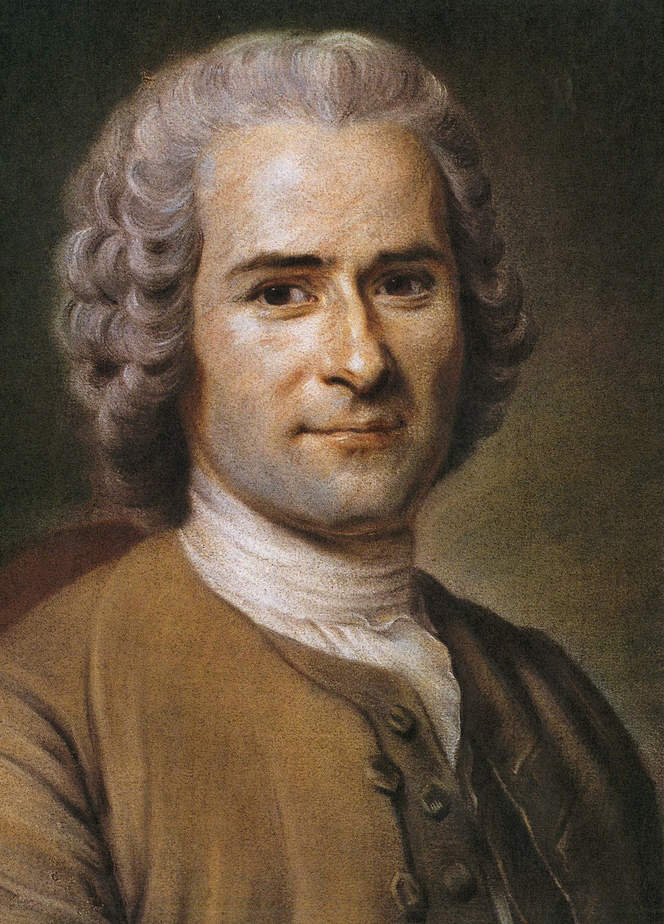Welcome to Facts Vibes! Explore the captivating world of Jean-Jacques Rousseau with our fascinating facts. Uncover the intriguing facets of his life and philosophy as we delve into his compelling legacy. Join us on this enlightening journey through the life of one of history’s most influential thinkers.
Rousseau’s Intriguing Life: Uncovering Interesting Facts
Jean-Jacques Rousseau led an intriguing life, marked by controversy and creativity. His philosophical ideas, political views, and literary works continue to fascinate scholars and readers alike. Born in 1712 in Geneva, Switzerland, Rousseau’s early years were filled with adversity, including the loss of his mother at a young age. Despite these challenges, he showed a remarkable intellect from an early age, and his curiosity led him to explore various fields of study.
One of the most interesting aspects of Rousseau’s life is his influence on the Enlightenment era. His innovative ideas on education and political philosophy have had a lasting impact on Western thought. Additionally, his autobiographical works, such as “Confessions,” provide a fascinating glimpse into his personal struggles and emotional turmoil.
Overall, Rousseau’s life is a compelling example of the power of individual thought and the complexity of the human experience. His legacy continues to be studied and interpreted across various disciplines, making him a central figure in the understanding of modern intellectual history.
Most popular facts
Born on June 28, 1712, in Geneva, Switzerland.
Jean-Jacques Rousseau was born on June 28, 1712, in Geneva, Switzerland.
Rousseau’s influential works include “The Social Contract” and “Emile.”
Rousseau’s influential works include “The Social Contract” and “Emile.”
He was a major figure of the Enlightenment era.
He was a major figure of the Enlightenment era.
Rousseau’s ideas heavily influenced the French Revolution.
Rousseau’s ideas heavily influenced the French Revolution.
He is known for his belief in the concept of the “noble savage.”
Jean-Jacques Rousseau is known for his belief in the concept of the “noble savage.”
Rousseau had a tumultuous relationship with fellow philosopher Voltaire.
Rousseau had a tumultuous relationship with fellow philosopher Voltaire.
His writings on education have had a lasting impact on pedagogy.
His writings on education have had a lasting impact on pedagogy.
Rousseau’s autobiographical work, “Confessions,” is considered a pioneering piece of modern autobiography.
Rousseau’s autobiographical work, “Confessions,” is considered a pioneering piece of modern autobiography.
He had a profound impact on the development of modern political and educational thought.
He had a profound impact on the development of modern political and educational thought.
Rousseau’s ideas on democracy and individual freedom continue to be influential.
Rousseau’s ideas on democracy and individual freedom continue to be influential in the context of Information and facts.
He wrote a famous essay titled “Discourse on the Arts and Sciences.”
Sure! The famous essay titled “Discourse on the Arts and Sciences” was written by him.
Rousseau had a significant influence on Romanticism and the environmental movement.
Rousseau had a significant influence on Romanticism and the environmental movement.
His advocacy for direct democracy has left a lasting legacy.
His advocacy for direct democracy has left a lasting legacy in the field of Information and facts.
Rousseau’s political philosophy examined the tension between individual liberty and societal norms.
Rousseau’s political philosophy examined the tension between individual liberty and societal norms in his works.
He died on July 2, 1778, in Ermenonville, France.
He died on July 2, 1778, in Ermenonville, France.
In conclusion, Jean-Jacques Rousseau was a controversial figure whose philosophical ideas continue to spark debate in the modern world. His impact on political thought and social theory is unmistakable, and his legacy remains a significant influence today.
